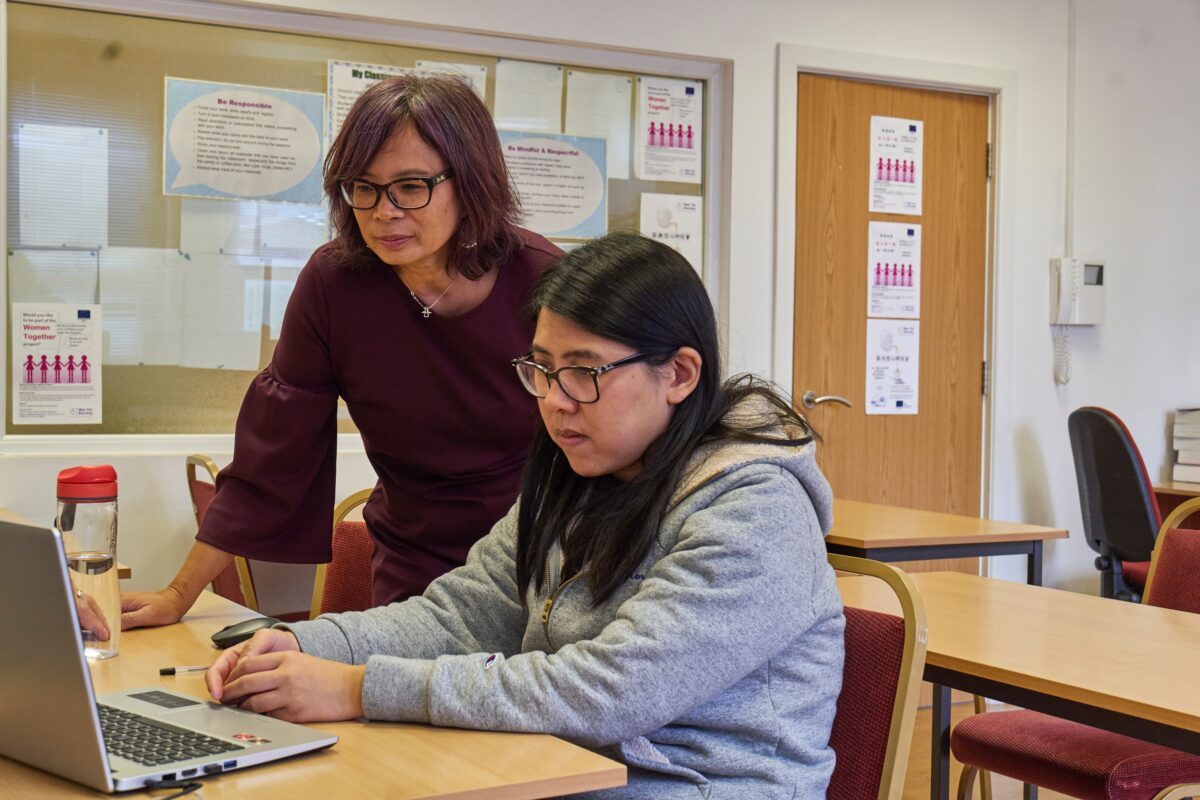Stem Education Certification
What do I need to become a STEM certified teacher?
Are you a teacher who is passionate about science, technology, engineering, and mathematics
(STEM) education? Do you want to enhance your skills and knowledge in these areas to better
prepare your students for the future? If so, becoming a STEM certified teacher may be the next
step in your career.
(STEM) education? Do you want to enhance your skills and knowledge in these areas to better
prepare your students for the future? If so, becoming a STEM certified teacher may be the next
step in your career.
To become a STEM certified teacher, there are several requirements that you must meet. First
and foremost, you must hold a valid teaching license in your state. This ensures that you have
the necessary qualifications and experience to teach in a classroom setting.
In addition to a teaching license, many states and school districts require teachers to complete
specific coursework or professional development in STEM education. This may include taking
classes in science, technology, engineering, and mathematics, as well as attending workshops
or conferences to learn about best practices in STEM teaching.
Another important requirement for becoming a STEM certified teacher is to demonstrate your
proficiency in teaching STEM subjects. This may involve submitting lesson plans, student work
samples, and other evidence of your ability to effectively teach and assess STEM learning.
Furthermore, some states and school districts require teachers to complete a formal certification
program in STEM education. These programs typically involve completing a series of courses
and assessments focused on STEM teaching and learning, and may culminate in a certification
exam.
Finally, becoming a STEM certified teacher may also require you to demonstrate your
commitment to ongoing professional development in STEM education. This could involve
participating in continuing education courses, attending conferences and workshops, or
pursuing advanced degrees or certifications in STEM-related fields.
Overall, becoming a STEM certified teacher is a rigorous and rewarding process that can help
you become a more effective and knowledgeable educator in the STEM fields. By meeting the
necessary requirements and demonstrating your expertise in STEM education, you can help
prepare your students for success in the 21st century workforce.

